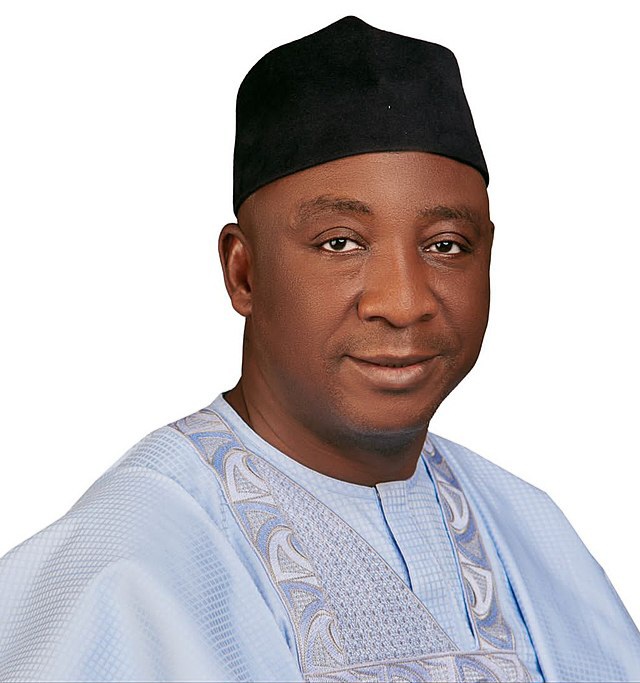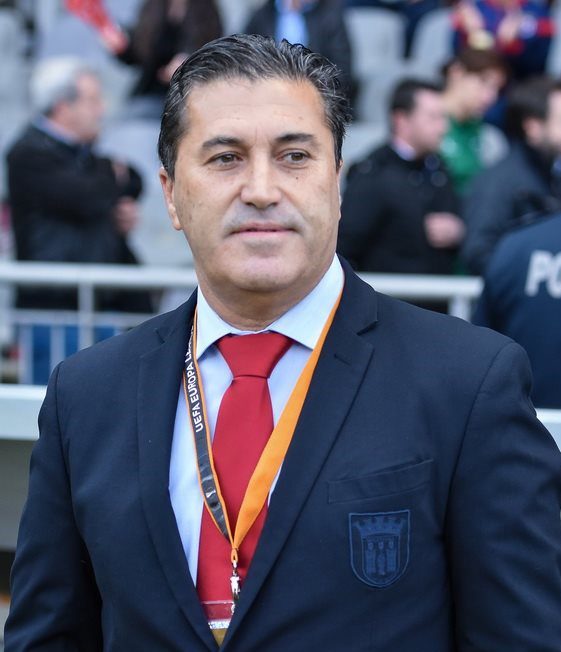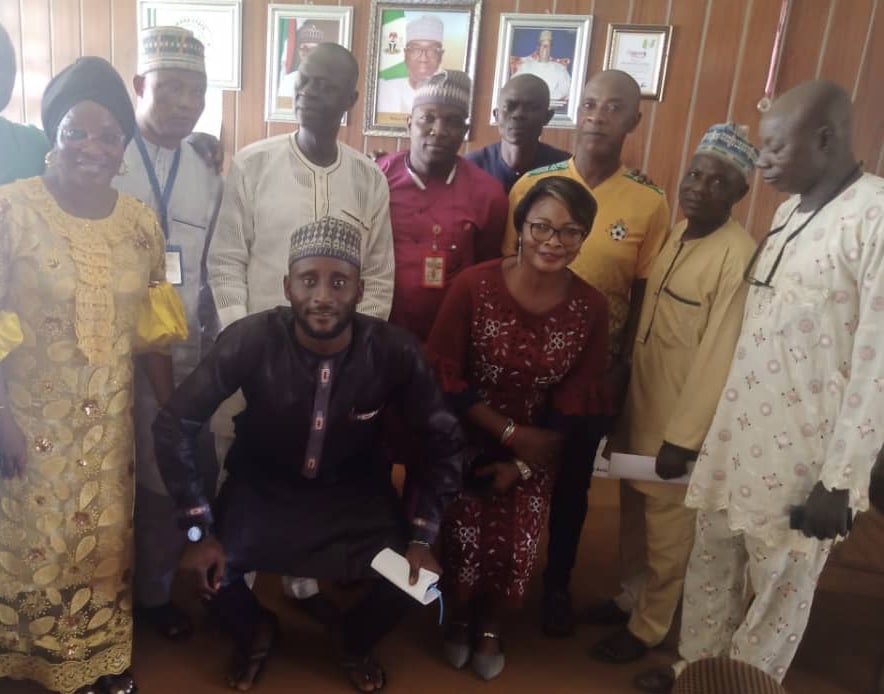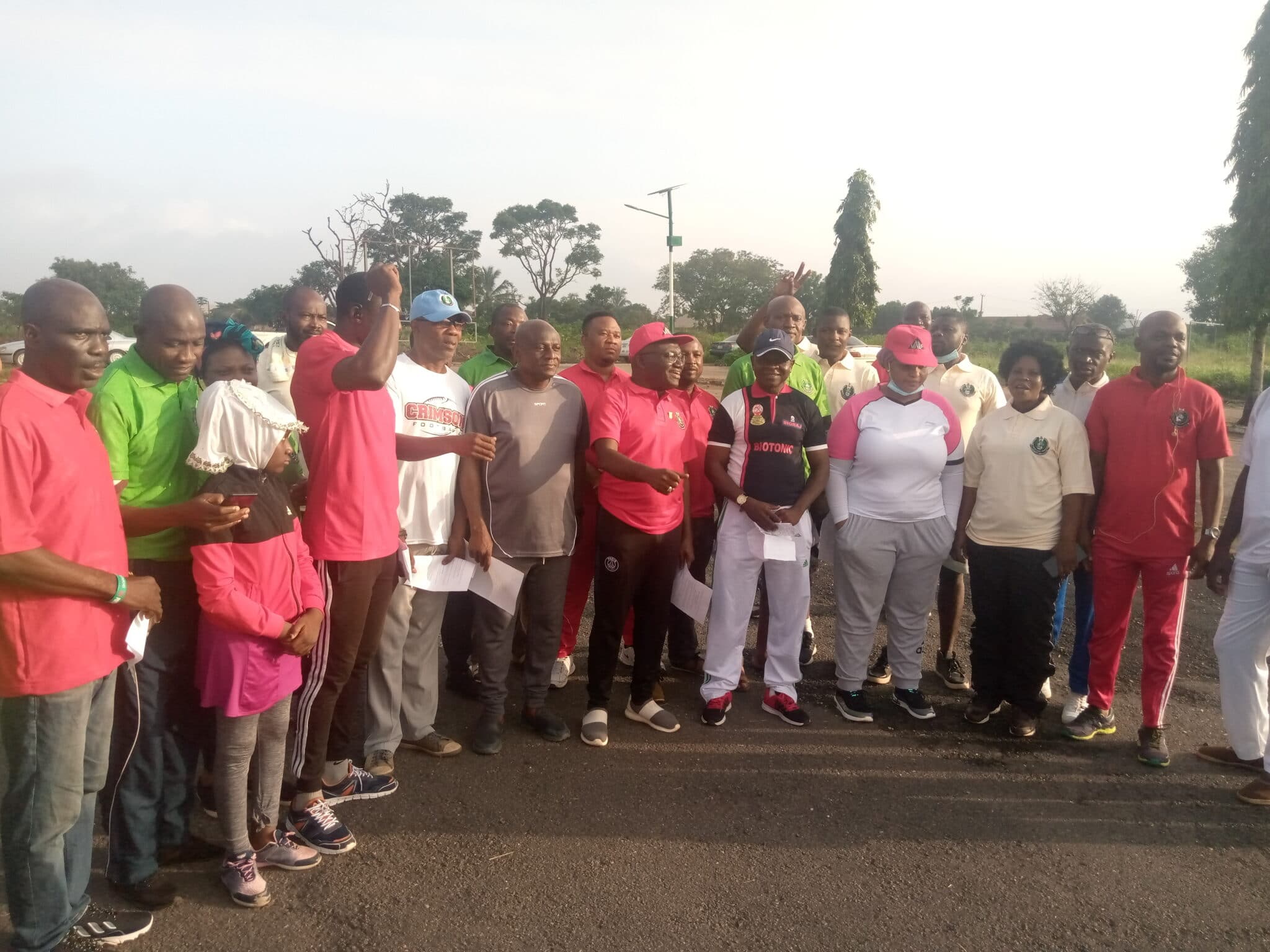With the same style that seems to have continued to reduce the quality of Nigeria football at the international scene, the Nigeria Football Federation (NFF) weeks ago, advertised the position of the Head Coach of the nation’s senior national team, the Super Eagles, following the departure of Jose Peseiro.
Peseiro refused to accept an improved offer to extend his contract after leading the team to a silver medal finish at the 2013 AFCON in Cote d’Ivoire, and had insisted that he doesn’t have interest in Super Eagles’ job again.
“As I said, my work with the Super Eagles is over. It was gratifying to coach players of such quality, with my staff we managed to do well in this sense, but the time has come to move on to another project,” Peseiro said in an interview with Sports Italia.
The 63-year-old was in charge of the Super Eagles for 22 months.
The advertisement has opened multiple debate templates amongst analysts and followers of the round leather game even beyond the shores of the nation. First was the debate as to whether another foreign coach be engaged at the expense of the indigenous coaches. Secondly, what criteria to consider in terms of pattern and style, as well as quality, depending largely on NFF being able to afford the pay. Again, if an indigenous coach would be considered, what are the indices to consider in doing so?

Former Super Eagles coach, Chief Adegboye Onigbinde expressed confidence in the ability of the indigenous coaches in the country to deliver for the senior national team if given the free hands to operate.
Indigenous coaches such as Emmanuel Amuneke, Sylvanus Okpala, Finidi George, Daniel Amokachi, Salisu Yusuf and to mention a few, have indicated interest for the job.
The Modakeke High Chief, who took Nigeria to the final of the 1984 AFCON, where the team lost 3-1 to Cameroon, said that there are better indigenous coaches who can make a positive impact with the Super Eagles if given the wherewithal.

For the indigenous coaches, it’s always the issue of not being given the needed free hand to operate, as history dictated. Coaches like Chief Onigbinde himself, late Stephen Keshi, late Shuaibu Amodu, Sunday Oliseh, Augustine Eguavoen and others have had feels of such influences when appointed at one time or the other, even when some of them performed more than the so called foreign coaches that are being treated like ‘gods’.
English coach John Finch was the first to handle the nation’s national team way back in 1949. He led Nigeria to its first international game against Sierra Leone on October 8, 1949 when both countries were under British administration. Nigeria won 2-0. He handed over to Daniel Anyiam who became the first indigenous coach of the national team. He was the first of the 20 foreign coaches that have coached the Super Eagles so far.
Others are Les Courtier (England) 1956-1960, Moshe Jerry Beit haLevi (Israel) 1960 -1961, George Vardar (Hungary) 1961-1963, Jorge Penna (Brazil) 1963, 1972-1973, Joseph Ember (Hungary) 1965-1968, Karl-Heinz Marotzke (Germany) 1973-1974, Othman Calder (Germany) 1974, Jelisavic ‘Tiki’ Tihomir (Yugoslavia) 1974-1978, Otto Glória (Brazil) 1978-1982, Gottlieb Göller (Germany) 1981, Manfred Hoener (Germany) 1988-1989, Clemens Westerhof (Holland) 1989-1994, Johannes Bonfrere (Holland) 1995-1996, Philippe Troussier (France) 1997, Bora Milutinovic (Serbia) 1998, Thijs Libregts (Holland) 1998-1999, Berti Vogts (Germany) 2007-2008, Lars Lagerback (Sweden) 2010, Gernot Rohr 2016-2020 and Jose Peseiro (Portuguese) 2020-2022.
Jorge Penna of Brazil was in charge twice. His first coming was in 1963 when he managed the team for one year before he managed the team again between 1972 and 1973.
Another Brazilian, Otto Glória, who was in charge between 1978-1982 guided Nigeria through the 1980 AFCON, which the team won in the final in Lagos with a 3-0 win over Algeria. He left this position after poor performances at the 1982 Nations Cup in Libya.
Dutch-man Clemens Westerhof and Johannes Bonfrere were more or less like brothers. They worked together first, and Bonfrere was later engaged after Westerhof left.
Westerhof won the 1994 Nations Cup and helped the country qualify for its first World Cup. His first remarkable success was reaching the Nations Cup final in 1990 in Algeria where Nigeria lost 1 – 0 to the host.
Bonfrere had the opportunity to be in charge of the Olympic football team in 1995 and the following year, led the team to win gold at Atlanta‘96 Olympic Games. When Thijs Libregts was fired in 1999, Bonfere was hired to manage the Eagles again and he led them to a second-place finish at the 2000 Nations Cup co-hosted by Nigeria and Ghana.
68-year-old German national, Gernot Rohr was engaged in August 2016. Rohr led Nigeria to the 2018 World Cup and guided the team to third at the 2019 AFCON in Egypt. He also qualified the Eagles for 2021 AFCON in Cameroon, but he came under fire for poor displays against lowly-rated opponents. He was sacked on December 12, 2021 despite qualifying for the 2021 AFCON and final round of qualifying for the World Cup playoffs.
On December 29, 2021, Peseiro reached a verbal agreement with the NFF to replace Gernot Rohr at the helm of the national team. He was supposed to travel to the 2021 AFCON in Cameroon, but strictly as an ‘observer’ while Interim Manager, Augustine Eguavoen led the side to the last 16; the deal eventually fell through, as Eguavoen was retained at the end of the tournament.
On 15 May 2022, Peseiro was finally appointed as the new head coach. He finished runner-up in the 2023 AFCON, losing 2–1 to hosts Cote d’Ivoire. Subsequently, he was awarded the Order of the Niger by President Bola Ahmed Tinubu. Peseiro left his position on 1 March 2024.
Daniel Anyiam was the first indigenous coach to handle the senior national team. He was in charge between 1954 and 1956, and came back in 1964, through to 1965.
Other Nigerian coaches that have been at the helm after Daniel Anyiam are Peter ‘Eto’ Amaechina (1969–1970), Chief Adegboye Onigbinde (1983–1984), Chris Udemezue (1984–1986), Patrick Ekeji (1985), Paul Hamilton (1987–1989), Shaibu Amodu (1994–1995), Shaibu Amodu (1996–1997), Monday Sinclair (1997–1998), Shaibu Amodu (2001–2002) Chief Adegboye Onigbinde (2002), Christian Chukwu (2002–2005), Augustine Eguavoen (2005–2007),
James Peters (2008), Shaibu Amodu (2008–2010) Augustine Eguavoen (2010), Samson Siasia (2010–2011), Stephen Keshi (2011–2014), Shaibu Amodu (2014), Daniel Amokachi (2014–2015),
Stephen Keshi (2015) and Sunday Oliseh (2015-2016).
Some of these coaches had the opportunity to coach the national team more than once. Chief Onigbinde was in charge twice, late Shuaibu Amodu (five times), Augustine Eguavoen (twice), and Stephen Keshi (twice).
Both the foreign coaches and their indigenous counterparts have at one time or the other, contributed to the growth of the game in Nigeria, placing the country in the world map of football.
Peseiro’s refusal to extend his contract has again thrown the NFF into the market in search for another coach. Peseiro was given the mandate to reach the semi-finals at the 2023 AFCON to qualify for contract extension, but surpassed that target, winning silver for Nigeria.
“Yesterday, we concluded our contract with the NFF. It was a pride and honour to coach the Super Eagles. It has been 22 months of immense dedication, sacrifice, emotion, and enormous enthusiasm. We feel a sense of fulfillment,” he wrote on social media platform, X.
“We would like to express our gratitude to Sir Amaju Pinnick (the President who signed us), President Ibrahim Gusau, General Secretary Mohammed Sanusi, Secretary Dayo Enebi, the NFF, all the Staff, and especially all the players, with whom leading has been a great pleasure.
There was also the issue of the level of quality of coach that will be commensurate with the status of the team in world football. Gernot Rohr and Jose Peseiro, despite their achievements, were not considered as too good enough for the national team. Rohr and Peseiro obviously used the Super Eagles to enrich their CV, because, going by records, Super Eagles players enhanced the status of the team, rather than the quality of their coaching. At the 2023 AFCON for instance, Nigeria played negative football, rather than their traditional free with flair and entertaining display.
One other factor that is affecting the quality of the team at international level was the introduction of players from the Diaspora into the team. Some of the players found it difficult to match the African level and standard because, psychologically, they are used to foreign mentalities.
That could also account for why it’s always difficult for the NFF to hire indigenous coaches, as it will be difficult managing them by the local coaches. Again, there has been a gulf between experienced coaches we have then and the new generation of coaches we have now.
With the pedigree of Nigeria in world football, one would expect that the NFF scout for a coach to handle the team in line with an adopted philosophy, instead of advertising the position. And this has to do with the absence of a template, especially a developmental objective for Nigeria football. Nigerian football has no clear cut identity and playing philosophy, and there has been no defined transition for coaches, as well as for players.
The NFF only employs coaches for competitions, and not for development, and that is why any Tom, Dick and Harry can be engaged without adequate consideration for all these variables.
This has continued to give rise and breathe to the activities of Agents of Foreign Coaches. The story of Sven Goran Eriksson and his experience with some characters in the NFF will be a reference point when the files are dusted and brought before the public someday.
The Agents also empower some journalists and Analysts to work against indigenous coaches, to fuel their chances of introducing half-baked foreign coaches to the NFF.
The current applicants for the job are Finidi George, who was the Assistant to former Head Coach, Jose Peseiro, and who has been confirmed as the Interim Coach of the Super Eagles. The Enyimba International Technical Adviser is currently in charge of the friendly matches against both Ghana and Mali.
Others are Emmanuel Amuneke, Michael Nsien, Former Tirana FC handler, Ndubuisi Egbo, Daniel Amokachi, Sunday Oliseh, former Cameroon national team Head Coach, Antonio Conceicao, who guided the Indomitable Lions to a third-place finish at the 2021 AFCON, Salisu Yusuf, Sylvanus Okpala and former Abubakar Bukola Saraki Football Club handler, Henry Makinwa
The Nigeria Football Federation (NFF), the official and national governing body regulating football in the country was first created on August 21, 1933, as the Nigeria Football Association (NFA).
In 1949, Nigeria formed its first national football team – they were known as The UK Tourists and they played barefooted. Ten years later in 1959, the country joined the Confederation of African Football (CAF). Since 2008, the organization has been known as the Nigeria Football Federation (NFF).
From The UK Tourists in 1949, the national team has gone through various metamorphoses. The year 1960 brought tremendous change to the Nigerian national football team as the West African country gained its independence from the British. Known as the Red Devils prior to independence, the team became known as the Green Eagles. A year before independence, the NFA joined CAF and followed up by joining FIFA in 1960.
The year 1988 saw another change of nickname for the Nigerian football team. The Green Eagles qualified for the 1988 AFCON hosted by Morocco.
Nigeria’s 1994 World Cup Squad has been described as the best ever. The team finished 5th place in world football in the April 1994 FIFA Men’s Ranking. A record for an African team that still stands.
The Nigerian national football team would go on to enjoy a series of successes in subsequent tournaments.
Now that NFF is on the verge of hiring another handler for the team, indications are emerging that the Technical Committee of the body may have resolved to hire another foreign tactician to replace Jose Peseiro as the Super Eagles head coach.
Following the recent announcement by NFF, asking interested coaches to apply for the plum Super Eagles job after expiration of the former coach’s contract, foreign and indigenous coaches have applied for the position that many football stakeholders now feel should be occupied by an indigenous coach.
A member of the NFF Technical Committee, who spoke on condition of anonymity because he is not authorized to speak on behalf of the Committee, said what the Super Eagles need right now is a sound foreign technical adviser who will not only impact positively on the senior national team, but help in developing other aspects of Nigerian football.














